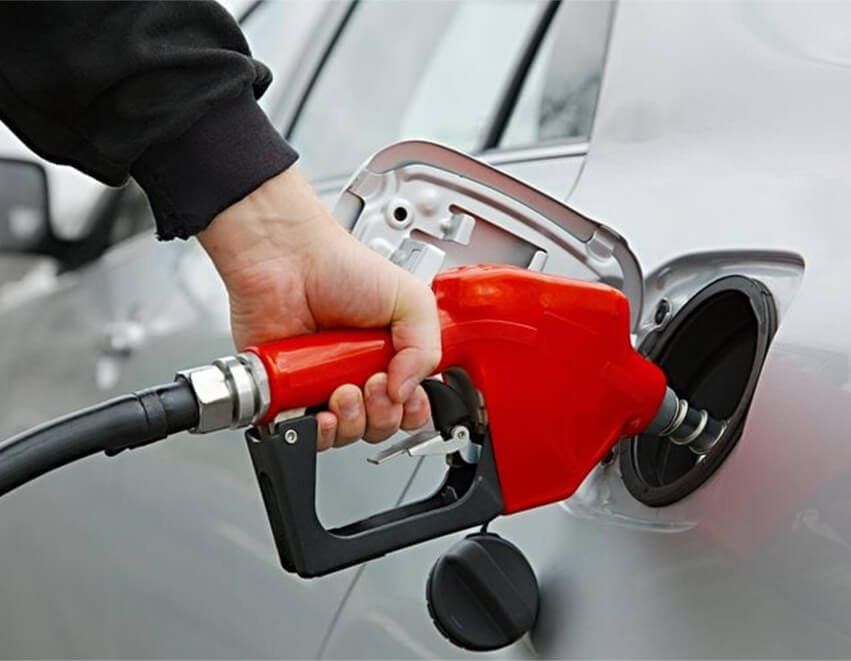Meter reading is crucial in various industries, especially in sectors like utilities, transportation, and fuel dispensing. It helps with accurate billing, fair pricing, and fraud prevention among others. However, there are situations where dispensing fuel without a meter reading becomes a necessity, whether due to technical malfunctions, emergencies, or unique circumstances. While the absence of […]

Meter reading is crucial in various industries, especially in sectors like utilities, transportation, and fuel dispensing. It helps with accurate billing, fair pricing, and fraud prevention among others.
However, there are situations where dispensing fuel without a meter reading becomes a necessity, whether due to technical malfunctions, emergencies, or unique circumstances. While the absence of a meter reading may raise eyebrows, it’s crucial to understand the procedures and best practices to ensure a fair and lawful dispensing process.
Let’s explore the challenges associated with dispensing fuel without meter readings and the appropriate steps to navigate this complex terrain.
Dispensing fuel without a meter reading is not a common practice. It is typically reserved for specific scenarios such as:
However, it’s important to emphasize that unmetered transactions should only be undertaken when absolutely necessary, and transparent documentation must accompany such transactions.
Before engaging in any unmetered fuel transactions, familiarize yourself with the legal and regulatory landscape governing fuel dispensing in your region. Many countries and states have strict regulations regarding fuel measurements and transactions, and any deviation from standard procedures could result in severe penalties.
For fuel stations, developing comprehensive emergency protocols is essential to deal with unforeseen circumstances that may render meters unusable. This includes:
These measures can help minimize the need for unmetered transactions while ensuring compliance with regulations.
In cases where dispensing fuel without a meter reading is unavoidable, transparent documentation is important. This includes maintaining detailed records of the transaction, capturing the time, date, amount dispensed, and the reason for the unmetered transaction. These records should be readily available for inspection by relevant authorities.
Communication is key when dispensing fuel without a meter reading. Informing customers about the situation, explaining the reason for the unmetered transaction, and providing them with the necessary documentation helps build trust. Transparency with customers can go a long way in preventing misunderstandings and potential disputes.
Advancements in technology have introduced solutions to mitigate the challenges associated with unmetered fuel transactions. For instance, backup power systems for meters, real-time data logging, and remote monitoring can help ensure accurate record-keeping even during emergencies. Investing in such technology not only enhances operational efficiency but also contributes to maintaining compliance.
Ensure that staff members are well-trained to handle emergencies. Regular training sessions should cover procedures for dispensing fuel without meter readings, emphasizing the importance of accurate documentation, and reinforcing compliance with legal and regulatory requirements.
Implementing regular audits and accountability measures can help identify and rectify any discrepancies that may arise from unmetered fuel transactions. This includes:
Maintaining open lines of communication with regulatory authorities is essential. Informing them proactively about any unmetered transactions and seeking their guidance on compliance can help foster a cooperative relationship. This collaboration can also lead to valuable insights and recommendations for improving emergency protocols.
The landscape of fuel dispensing is dynamic with evolving technologies and changing regulations. Fuel stations should adopt a mindset of continuous improvement, regularly reviewing and updating emergency protocols, training programs, and technological solutions to stay ahead of potential challenges.
Dispensing fuel without a meter reading is a complex and sensitive matter that requires careful consideration of legal, regulatory, and ethical factors. Fuel stations need to be well-prepared with established protocols, transparent documentation, and proactive communication with both customers and regulatory authorities.
By implementing these best practices, fuel stations can navigate the challenges associated with unmetered fuel transactions while maintaining compliance and ensuring the highest standards of accountability and transparency.
Visit our website today for more similar tips. You can also check out our fuel dispensers and other products.




